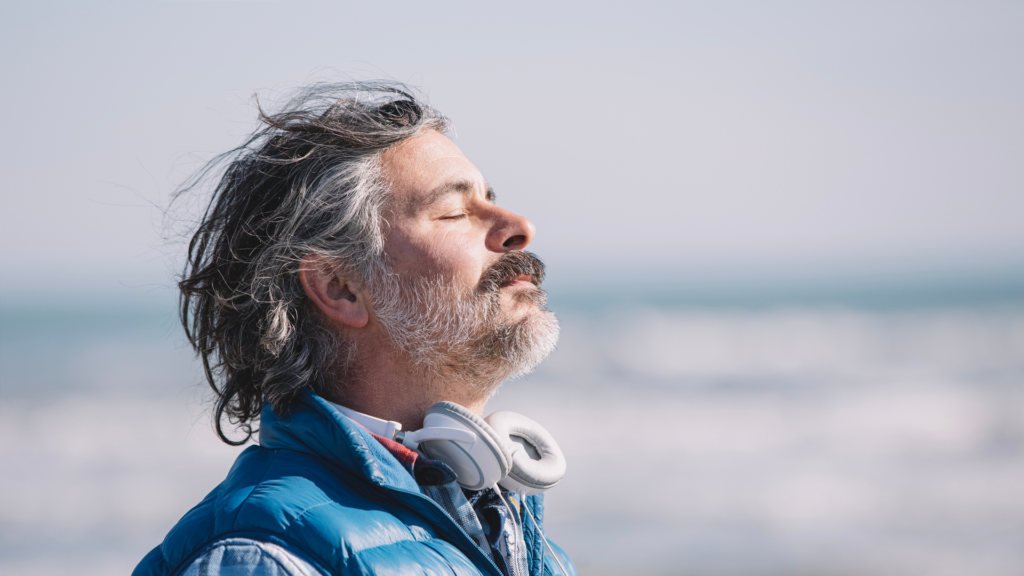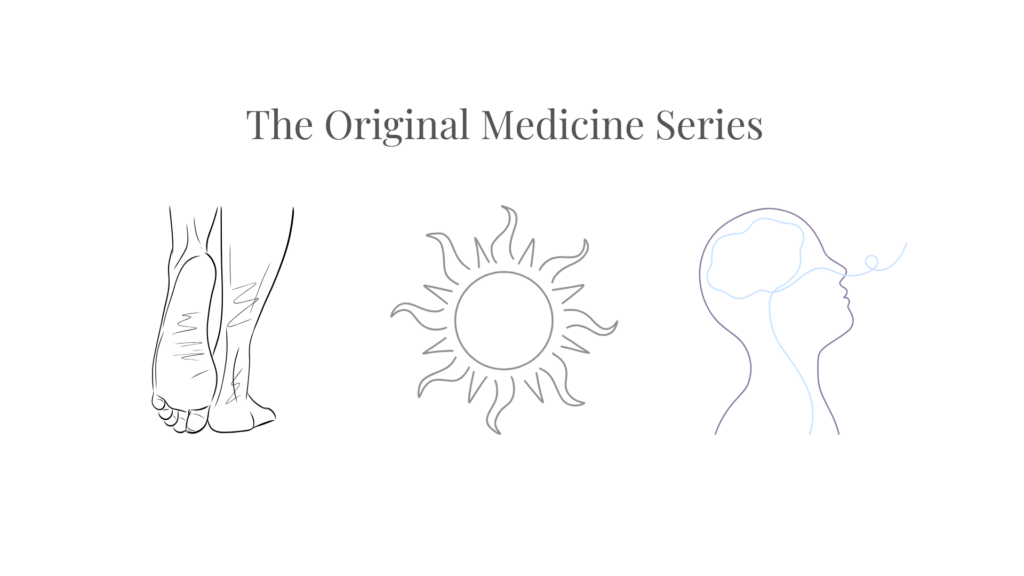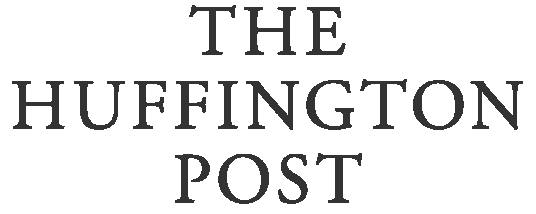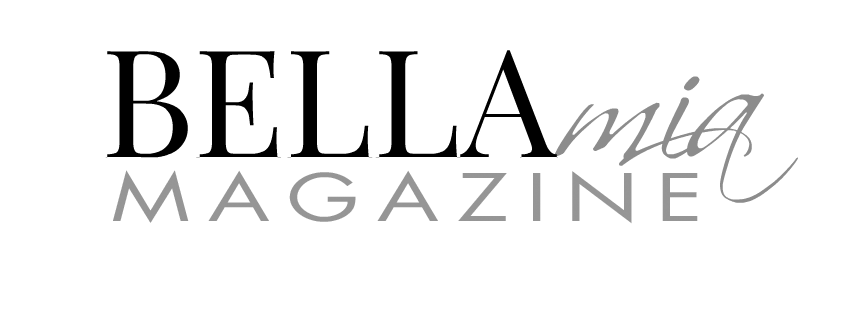 This article is part of a three-part blog series called The Original Medicines, exploring the healing power of grounding, sunshine, and breath.
This article is part of a three-part blog series called The Original Medicines, exploring the healing power of grounding, sunshine, and breath.
I think I always knew I wasn’t breathing correctly. I just didn’t know how much it was costing me.
For years, I lived in stress mode—my breath was shallow, tight, rushed. I knew it wasn’t good, but it had become so normal I didn’t question it. Until I started paying attention. Thich Nhat Hanh wrote, “Feelings come and go like clouds in a windy sky. Conscious breathing is my anchor.” That’s when something clicked.
I began to slow down. Three deep breaths. That was all it took to feel the first wave of calm wash over my body.
Later, I read a quote from Byron Katie that undid me, in her book Loving What Is. She said, “One day I noticed that I wasn’t breathing—I was being breathed.” And when I dropped down with my breathwork, I realized I too wasn’t doing the breathing; I was being breathed. Whoah.
How Breath Works
We take around 20,000 breaths a day, and most of them happen on autopilot. But breath isn’t just background noise—it’s data. It’s rhythm. It’s a direct line to your nervous system.
James Nestor, author of Breath, says it so well: “The way we breathe affects the size and function of our lungs, the pH of our blood, and the balance of our nervous system.” Shallow mouth breathing triggers stress hormones and raises inflammation. But slow, nasal breathing—especially through the diaphragm—signals safety to the body. It turns down the fight-or-flight switch. It helps the body heal.
Anders Olsson, founder of Conscious Breathing, says it this way: “You can survive for days without water, weeks without food, but only minutes without breath. And yet we rarely consider how we breathe.” He’s right. I discovered nose breathing later in life—and when I did, everything changed. My sleep deepened. My energy became more stable. My body felt less reactive.
Breath, like grounding and sunshine, regulates everything: immune function, detox, hormones, digestion, clarity. It’s not just air. It’s instruction.
Why Breath Matters More in a Toxic World
In a world full of chemicals, chaos, and chronic stress, breath is your on-demand regulator. When toxins accumulate, they throw off your oxygen balance, nervous system tone, and cellular metabolism. Breath is the one system you can control to pull everything back into alignment.
Slow nasal breathing increases nitric oxide—an anti-inflammatory gas that opens the airways and improves blood flow. Diaphragmatic breathing stimulates the vagus nerve, calming the brain and improving digestion. It also supports the lymphatic system, helping move toxins out.
And perhaps most profoundly, breath gives you access to your inner life. It shows you where you’re holding, where you’re rushing, where you’ve disconnected from yourself.
Breath and the Slow Movement
When my breath drops down—really drops down—my body follows. My nervous system softens. My mind clears. And sometimes, I cry.
It’s not because I’m sad. It’s because I’m home within myself.
Breath has become one of the most spiritual tools in my life. It doesn’t belong to any philosophy or practice. It’s universal. As Tara Brach says, “Breath is the portal to presence.”
When I breathe deeply, when I get out into the sun, and when I spend time in nature and on the ground, something shifts. I’m no longer chasing the day. I’m remembering who I am.
Sunshine brings me back to myself. It always has.
Take the First Step
Breathe through your nose. Slowly. Try four seconds in, six seconds out. Do it three times. No technique. No perfection. Just presence.
Feel what shifts. Notice what softens. This is the original medicine that’s been with you since the beginning.
Grounding steadies you. Sunshine nourishes you.
But breath? Breath brings you back to yourself.
Grounded, lit, and now—awake. These three practices aren’t separate. Together, they remind your body how to heal.

The Original Medicines: A 3-Part Series
Part 1: What is Grounding?
Part 2: What is Sunshine?
Part 3: What is Breath?





